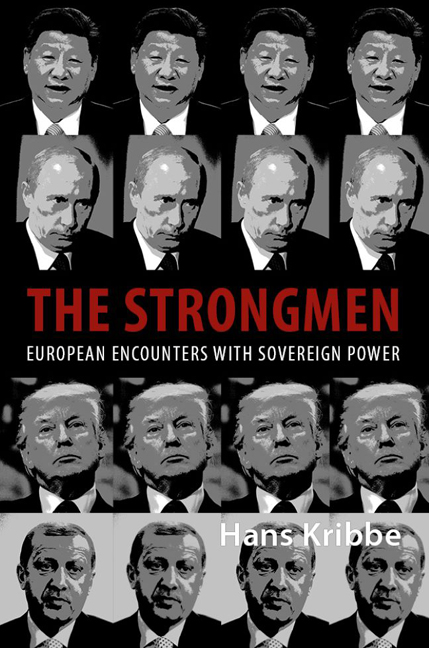2 - Saviour: in the clutches of time
Published online by Cambridge University Press: 20 December 2023
Summary
Fortune … submits more readily to boldness than to cold calculation. Therefore, like a woman, she always favours young men because they are not so much inclined to caution as to aggressiveness and daring in mastering her.
Niccolo Machiavelli, The Prince (1513)PRINCES AND MOMENTS
When asked by GQ magazine which world leader he esteemed most, Nigel Farage answered, “As an operator, but not as a human being, I would say Putin. The way he played the whole Syria thing. Brilliant. Not that I approve of him politically. How many journalists in jail now?” It was March 2014, around the same time that infamous “little green men”, in reality Russian soldiers, were beginning to pop up in Crimea. But it did not stop Farage from gushing in praise.
Some two years later, months before he was elected, Donald Trump spoke about Russia's strongman in similar terms.
I’ve already said, he is really very much of a leader. I mean, you can say, “Oh, isn't that a terrible thing – the man has very strong control over a country.” Now, it's a very different system, and I don't happen to like the system. But certainly, in that system, he's been a leader, far more than our president has been a leader.
Later, in response to a question in a televized interviewed about whether Putin ought not to be labelled “a killer”, Trump calmly pointed out: “There are a lot of killers. You think our country's so innocent?”
The comments were met with disbelief. Had Putin not just invaded and annexed Crimea? Squashed political freedoms in Russia? Beaten up and assassinated journalists, homosexuals and opposition leaders? Trump's political opponents jumped on the opportunity. Hillary Clinton compared Putin's actions in Crimea to Hitler's in Czechoslovakia. Others followed: Wolfgang Schauble, the German finance minister, Stephen Harper, prime minister of Canada, US Senators Lindsey Graham and John McCain, Lithuanian President Dalia Grybauskaite.
- Type
- Chapter
- Information
- The StrongmenEuropean Encounters with Sovereign Power, pp. 25 - 42Publisher: Agenda PublishingPrint publication year: 2020



